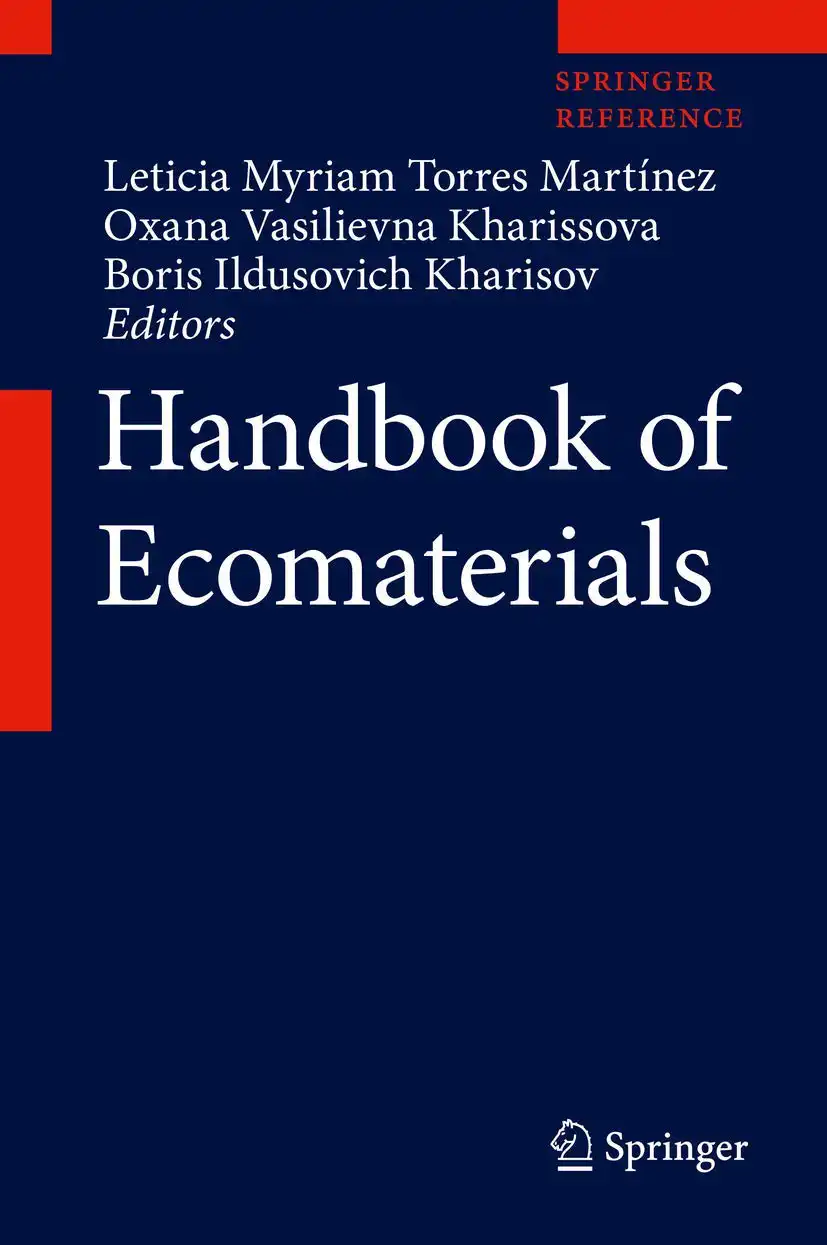
Handbook of EcoMaterials Chapter on Perennial Industrial Crops: Green Chemistry and Carbon Sequestration
Eric Toensmeier, author of the Carbon Farming Solution (Chelsea Green, 2016) and Ann Blake, EPHC, have co-authored a chapter titled Perennial Industrial Crops: Green Chemistry and Carbon Sequestration, published by Springer in February 2019 in the Handbook of Ecomaterials. The abstract of this chapter is included below. Please contact EPHC if you would like a complete copy.
Abstract
The challenges of climate change, soil degradation through industrial agriculture, unpredictable rainfall and longer droughts, and the toxics legacy of industrial chemicals in our bodies have a common source in the global petroleum economy. The materials economy must be transformed in concert with the transitioning energy economy. A post-petroleum materials economy needs to replace petroleum-based chemical and materials feedstocks with non-toxic, preferably endlessly recyclable materials from renewable feedstocks for our current and future materials usage. Perennial industrial crops could meet these needs while also sequestering carbon, restoring soil organic matter, and increasing water retention, thereby mitigating multiple climate concerns while reducing the toxic burden of current chemical and materials feedstocks.
There is a promising body of perennial industrial crops that are non-destructively harvested that could replace fossil fuels as feedstocks for materials and chemicals. Such feedstocks could utilize marginal lands (thereby not competing with land needed for food and fuel), remove carbon from the air (via biosequestration), restore soil organic matter, and increase water retention to address current global drought. As perennial crops, these feedstock source options have powerful ongoing carbon sequestration capacity whose potential has not yet been fully realized.
Perennial industrial crops could provide biomass, starch, sugar, oil, hydrocarbons, fiber and other products. Biomass feedstocks can replace a variety of petroleum based chemicals currently used to manufacture solvents, resins, stabilizers, dispersants, binders, and fillers. Starch feedstocks can be used to manufacture solvents, paints, glues, coagulants, flocculants, textile finishing agents and many other materials. Perennial industrial crop oils can be made into glycerin, soaps, lubricants, surfactants and surface coatings. Plant- sourced hydrocarbons can be used as feedstocks for the full range of modern industrial chemistry.


